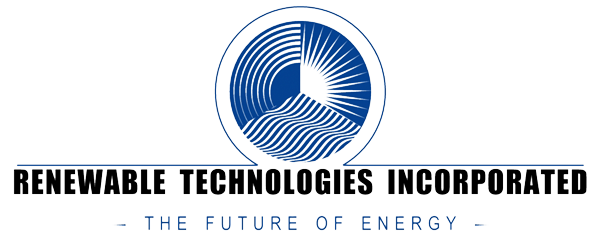Today we are going to compare solar energy against traditional energy sources.
Solar Energy vs. Traditional Energy Sources: A Comprehensive Comparison
When it comes to powering our homes and businesses, the debate between solar energy and traditional energy sources is more relevant than ever. As we strive towards a more sustainable future, understanding the key differences between these energy sources can help us make informed decisions. In this blog, we’ll compare solar energy with traditional energy sources, focusing on cost, efficiency, and environmental impact.
Cost Comparison
Solar Energy:
The initial cost of installing solar panels can be high, but the long-term savings are substantial. Solar energy systems can significantly reduce or even eliminate your electricity bills. Additionally, various incentives and tax credits can offset the installation costs. Currently there is a 30% rebate for home owners and business owners.
Traditional Energy:
Traditional energy sources such as coal, natural gas, and oil often have lower upfront costs. However, these costs can fluctuate due to market conditions, leading to unpredictable energy bills. Over time, the cumulative cost of traditional energy can be higher than solar energy.
Efficiency and Reliability
Solar Energy:
Solar panels have become increasingly efficient over the years. Modern panels can convert around 20% of sunlight into electricity. While solar energy is dependent on weather conditions, advancements in battery storage technology are mitigating this issue, allowing for energy storage and usage during cloudy days or at night.
Traditional Energy:
Traditional energy sources are generally reliable and can provide consistent power output. However, they are not as efficient in terms of energy conversion. For example, coal plants typically convert only about 33% of their energy into electricity, with the rest lost as heat.
Environmental Impact
Solar Energy:
Solar energy is a clean, renewable source of power that produces no greenhouse gases during operation. The production of solar panels does have some environmental impact, but it is minimal compared to the extraction and burning of fossil fuels.
Traditional Energy:
The environmental impact of traditional energy sources is significant. The extraction, transportation, and burning of fossil fuels release large amounts of carbon dioxide and other pollutants, contributing to climate change and air quality issues.
Long-Term Sustainability
Solar Energy:
Solar energy is sustainable and virtually inexhaustible. As long as the sun shines, we can harness its power. Investing in solar energy contributes to a more sustainable future and helps reduce our dependence on finite resources.
Traditional Energy:
Traditional energy sources are finite and will eventually deplete. The reliance on fossil fuels also poses significant environmental and geopolitical risks. Transitioning to renewable energy sources like solar is essential for long-term sustainability.
In the battle between solar energy and traditional energy sources, solar energy emerges as a clear winner when considering cost savings, efficiency, environmental impact, and sustainability. While the initial investment may be higher, the long-term benefits and positive environmental impact make solar energy a smart choice for the future.
Considering making the switch to solar energy? Contact us today to learn more about how you can benefit from clean, renewable solar power.

